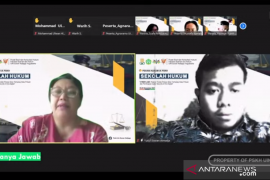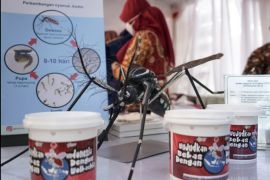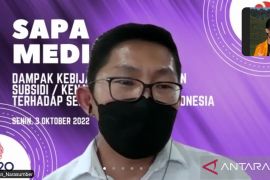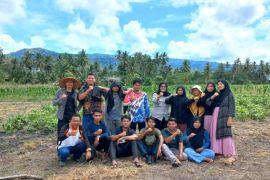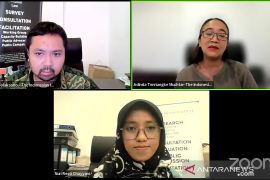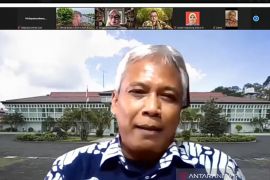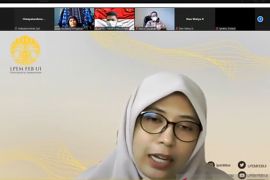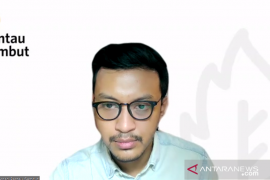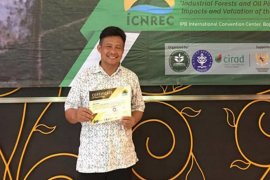A survey conducted by Indonesian Internet Service Providers Association (APJII) in 2016 shows that more than half of the population of 132.7 million people in Indonesia have been connected to the internet.
"However, not all of them have the knowledge or ethics in dealing with internet. That is why, we need to improve our digital media literacy to prevent them from spreading the fake news," Haryanto stated in a workshop on journalism held by American embassy in Jakarta on Tuesday evening.
One of the ways to implement media literacy is by comparing one source of information to other sources.
In this case, people are encouraged to think critically and not easily believe the information they receive throuhh a single source.
At the same time, media companies and journalists need to be more responsible while reporting a story in order to prove that mainstream media are still trustworthy.
"It will be tough tasks for the journalists because currently they are not only required to report a story accurately but also do it faster. The key is actually the quality and not the quantity," Haryanto noted.
Fake news has become a global phenomenon for specific purposes such as making money, as a tool for propaganda, and political partisanship.
Indonesia has been facing this phenomenon since 2014 when there was a spread of black campaign in the presidential election participated by the current President Joko Widodo and his competitor former military general Prabowo Subianto.
According to Steven Reiner, professor of broadcast and digital journalism at Stony Brook University, fake news lives because it exists in two ways of hostile environments, in the internet and in our minds.
It appeals to emotions, creates confirmation bias, bolsters conspiracy thinking, as well as thrives and morphs in hospitable digital ecosystem.
"People become emotionally attached and tend to agree with people who are connected with, particularly in the social media, a digital world that they personally create on their own," he revealed.
Indonesian government and the Press Council have been attempting to combat the disseminating of fake news, for instance, by implementing the Electronic Information and Transactions Law; blocking gambling websites and sites containing fraudulent information regarding different ethnic, religious, racial, and social groups; as well as checking the reliability of media companies.
However, such efforts seem not enough to address this issue because the quality of our public discourse would continue to deteriorate, according to 8 thousand scholars, technology experts, and government leaders who were responding to the Pew Research Center, a nonpartisan fact tank that informs the public about the issues, attitudes, and trends shaping America and the world.
Thus, we can expect that the era when people can easily disseminate fake news will last longer or would be an unstoppable situation as stated by Haryanto.(*)
Editor: Heru Purwanto
Copyright © ANTARA 2017
